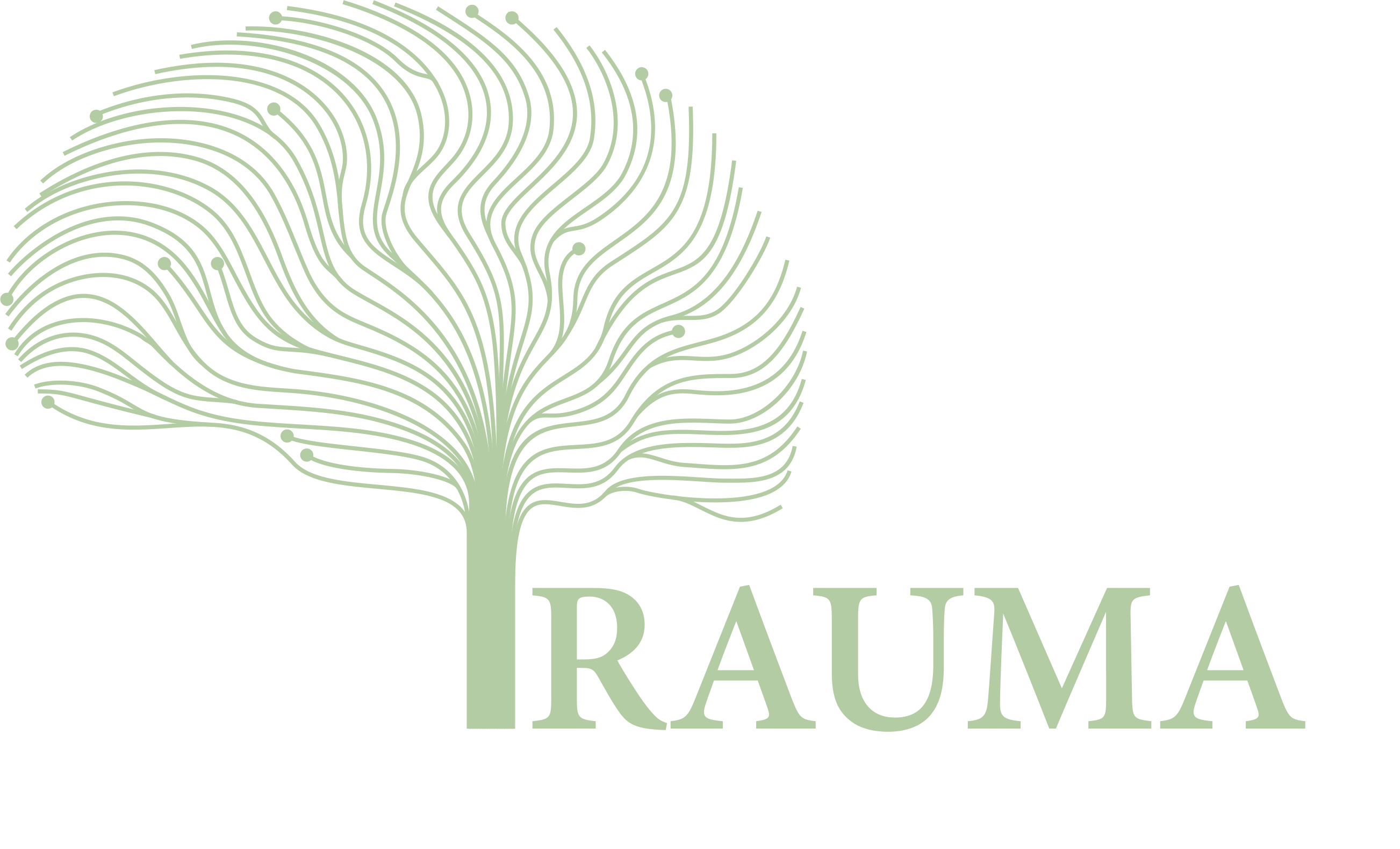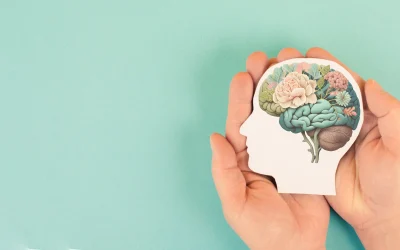Understanding Complex PTSD and Trauma Recovery
What is Complex PTSD (CPTSD)?
Complex PTSD is a psychological condition that can develop after prolonged or repeated exposure to traumatic events, often interpersonal in nature. This may include childhood abuse, domestic violence, neglect, captivity, or repeated emotional violations. Unlike PTSD, which may arise after a single traumatic event, CPTSD results from chronic trauma, particularly when escape is not possible.
Symptoms of CPTSD:
– Emotional Dysregulation: Trouble managing intense emotions such as anger, sadness, or fear.
– Negative Self-Perception: Chronic feelings of shame, guilt, or worthlessness.
– Relationship Difficulties: Struggles with trust, boundary-setting, or isolation.
– Dissociation: Feeling detached from one’s body or reality.
– Re-experiencing: Intrusive memories, flashbacks, or nightmares related to trauma.
– Hypervigilance or avoidance behaviors.
How Trauma Affects the Brain
Trauma can disrupt normal functioning in the brain, especially in the amygdala, hippocampus, and prefrontal cortex. These changes can lead to heightened fear responses, memory disruptions, and difficulty regulating emotions or decision-making. Neuroplasticity, however, means healing is possible over time with the right support.
Effective Treatments for CPTSD
- Trauma-Informed Therapy: Such as EMDR (Eye Movement Desensitization and Reprocessing), PE (Prolonged Exposure), CPT (Cognitive Processing Therapy) or Somatic Experiencing.
- Parts Work: Internal Family Systems (IFS) therapy helps clients understand and integrate dissociated parts of self.
- Cognitive Behavioral Approaches: Including DBT (Dialectical Behavior Therapy) and CBT, tailored for trauma.
- Body-Based Interventions: Yoga, mindfulness, and breathwork help reconnect body and mind.
- Group Therapy & Peer Support: Normalizes experiences and builds community and coping skills.
- Medications: Can assist in symptom management when appropriate.
The Recovery Process
Healing from CPTSD is nonlinear and deeply personal. Key phases may include:
– Establishing safety and stability.
– Processing and grieving traumatic memories.
– Reconnecting with self, others, and purpose.
Recovery can take time, but it is possible. With consistent support, people with CPTSD can build safe relationships, feel emotionally balanced, and rediscover their sense of agency and worth.
Closing Thoughts from a Trauma Therapist
If you suspect that you or someone you care about is living with CPTSD, know that you are not alone. And that there are successful therapeutic treatments! Trauma-informed care can be life-changing. Intentional and informed therapy, community, and self-compassion are foundational elements of recovery.



